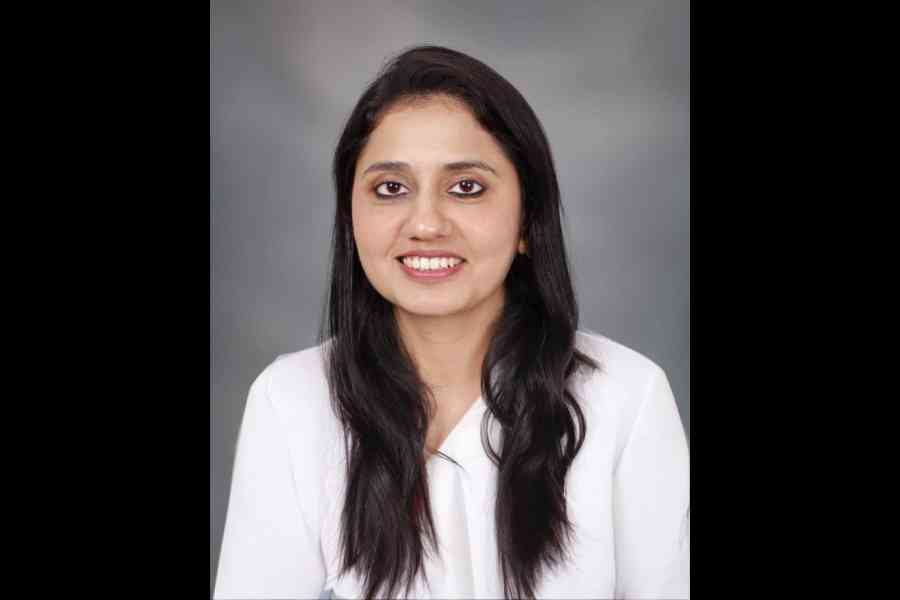Curious Minds was conceptualised in 2019 by Sonali Nahata, and aims to address the gap between traditional school curriculums and essential knowledge not typically covered in classrooms. With a focus on global news, current events and general awareness, the initiative was initially designed for small groups of eight-12 children aged 4.5 to 16 years. Nahata, who holds a BA and MA in sociology from St. Xavier’s College and Calcutta University respectively, began the program with in-person classes but moved to an online format in May 2020 due to the pandemic. This transition allowed Curious Minds to scale up significantly, now offering around 70 classes per week and reaching over 550 children.
Over the past year, Nahata has expanded her team to facilitate these classes, which have grown through personal and social media referrals. The program attracts students from across India and beyond. To further expand, Curious Minds plans to implement a targeted marketing strategy aimed at influencing parents in Indian cities who seek enriched educational experiences for their children. The organisation maintains an Instagram account (@curiousmindsindia) and a Facebook page (Curious Minds, Kolkata) for outreach and engagement. Here’s a t2 chat.
What inspired you to start Curious Minds and how did you identify the gap in the education system that you aimed to fill?
The inspiration to start Curious Minds came from a combination of my personal and professional experiences. As a mother, I observed firsthand the curiosity and thirst for knowledge that children naturally possess. However, I also noticed that traditional school curricula often focus narrowly on academic subjects, leaving little room for exploring current events, general awareness, and critical thinking skills. This realisation was further reinforced by my academic background in sociology, where I learned the importance of a well-rounded education that includes understanding societal dynamics and global issues.
Identifying this gap, I envisioned Curious Minds as a platform that would complement formal education by providing children with the knowledge and skills to navigate the world beyond textbooks. Our classes are designed to encourage curiosity, foster critical thinking, and cultivate a habit of lifelong learning. By focusing on news, global events, and general knowledge, we aim to prepare students to become informed, responsible and engaged citizens.
What were the initial challenges you faced when transitioning from in-person to online classes?
Transitioning from in-person to online classes in May 2020 due to the pandemic posed several challenges. One of the primary issues was ensuring that both teachers and students were comfortable with the new mode of delivery. Many parents were initially sceptical about the effectiveness of online learning.
To address these challenges, we took several steps. We conducted extensive training sessions for our teachers to familiarise them with online teaching tools and techniques. This included using virtual whiteboards, interactive quizzes, and breakout rooms to maintain engagement and interactivity. We adapted our teaching methods to the online format by incorporating multimedia content, real-time polls, and interactive discussions. This helped in keeping the classes lively and engaging.
How do you ensure the content of your classes remains engaging and relevant for children of different age groups?
Ensuring that our content remains engaging and relevant for children of different age groups is a key priority at Curious Minds. We achieve this through several strategies like age-appropriate curriculum, current and relevant topics, experienced educators, personalised learning and much more.
Can you share some success stories of Curious Minds?
One remarkable success story involves a student who joined us with a keen interest in world affairs but lacked the confidence to speak up in class. Through our interactive sessions and encouragement, this student not only improved their general knowledge but also developed the confidence to participate in school debates and competitions. Today, this student is a standout performer in their school’s Model United Nations (MUN) club. Additionally, we’ve had students who have gone on to win accolades in various general knowledge quizzes and competitions at regional and national levels.
What are your long-term goals for the organisation?
The future of Curious Minds is centred around expanding our impact and continuing to innovate in the field of supplementary education. We plan to continue leveraging technology to enhance the learning experience and using virtual and augmented reality to create immersive educational experiences.











